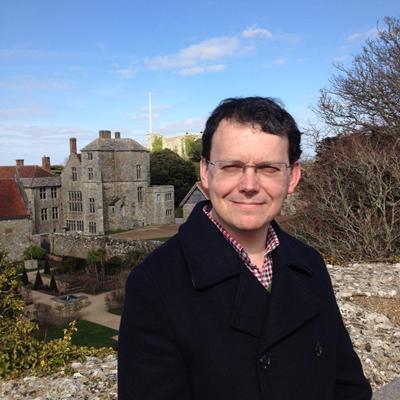Dr Nicholas Karn
Associate Professor in British History

- Related links
- Personal homepage
Nicholas Karn has been at the University of Southampton since 2007. His research has been funded by the British Academy, the Leverhulme Trust and other bodies. He has worked on the sources for English law and on legal change and its broader social and cultural impact.
My most recent project, funded by the Leverhulme Trust and a visiting fellowship at the John Rylands Research Institute, University of Manchester, resulted in Kings, Lords and Courts in Anglo-Norman England (Boydell & Brewer, 2020), which set out a new interpretation for how the structures of law in England developed from the tenth to the middle of the twelfth centuries. In it, I analyse how changing ideas about lordship led to a recasting of the institutions of law and government, starting before the Norman Conquest but becoming widespread in the decades afterwards. I also argue that lordship courts did not originate as distinct ‘feudal’ institutions, but rather that they evolved from the existing, public courts.
Since then, I am developing a new project on special jurisdictions, and am working on towns and castles in particular. The first output for this is likely to be a study of the earliest charters of the City of London, their meaning and their use in the ‘public memory’ of the city over time.
I am also interested in the institutions of the church and the roles and influence of churchmen, 1100–1400; my first book was an edition of documents from the diocese of Ely 1109–1197 which illustrated these themes, and was published by the British Academy as part of its authoritative English Episcopal Acta series. A second volume, covering the period 1198–1256, was published in 2013, and a third volume covering the years 1256–1337 has been commissioned.
Qualifications:
BA Modern History, University of Oxford, 1997
MSt Historical Research, University of Oxford, 1998
DPhil, University of Oxford, 2002
Appointments held:
Lecturer, Senior Lecturer and Associate Professor, University of Southampton, 2007–present